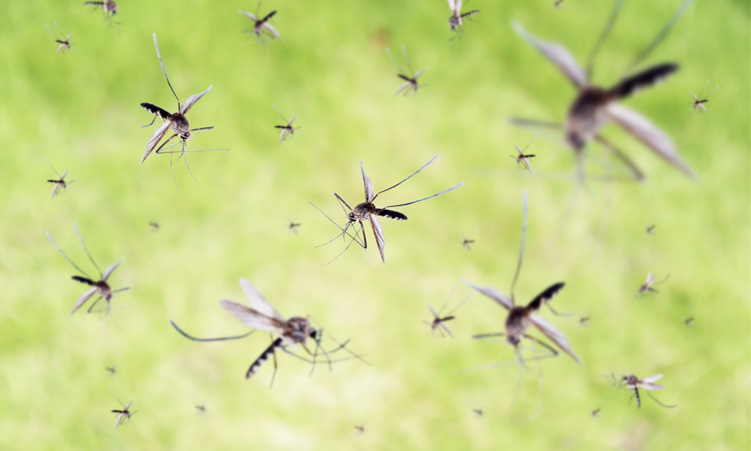NAMIBIA’S fragile fishing industry faces unprecedented challenges in the face of a shoal of rapidly rising fuel prices, and some companies could find themselves fighting for their lives.
Ronnie Coppen, Managing Director of Sea Flower at Luederitz, told The Namibian yesterday that the industry had never experienced “anything on this scale”. “Rapidly rising energy prices have the potential to become one of the most significant challenges ever faced by this industry,” Coppen said.Fuel consumption is now the fishing industry’s main expense with figures approaching 50 per cent of operational costs.According to company leaders, the impact not only affects operations and production, but also labour force demands, customer needs and export effectiveness.So far this year, fuel prices in Namibia have been pumped up five times.Managing Director of Etale Fishing at Walvis Bay, Silvanus Kathindi also Chairman of the Confederation of the Namibian Fishing Association, told The Namibian the industry had been through very turbulent economic times in the past, and that it was still in a “fragile state” from the harsh conditions of the past four seasons – a situation from which it had not yet fully recovered.A vessel, depending on its size, could use up to 7 500 litres of diesel a day, at a cost of about N$75 000, which amounts to about N$1,5 million per month per vessel.The increase in fuel over the last 12 months amounted to approximately 74 per cent, according to Kathindi, while Coppen put the figure at nearly 200 per cent over the past three years.Coppen told the newspaper that, because of its remote locality, companies at Luederitz were worst hit by the increase.He said fisheries there were paying up to N$4 more per kilogram of fish in production costs than fisheries at Walvis Bay.As employers’ margins come under pressure, attending to the needs of workers was also becoming more challenging, said Kathindi.”Employees’ cost of living is also higher, and they therefore look towards their employer for higher remuneration – something the employer is not always in a position to accommodate as the very same thing (spiralling energy costs) is affecting the company,” he explained.With regards to overcoming the problems brought about by increases in fuel prices, Kathindi told The Namibian that the industry was already “doing what it can”.However he said it might be necessary for Government to come up with some form of intervention to provide relief.This could include adjusting Government levies “as soon as possible”.Fishing companies pay diesel levies.While there were proposed measures fisheries could take to adapt to the situation or mitigate the effects, Coppen said the problem was global.”One thing is for sure – all of us were caught off guard, and those companies that were struggling prior to these increases are going to battle to survive,” he concluded.”Rapidly rising energy prices have the potential to become one of the most significant challenges ever faced by this industry,” Coppen said.Fuel consumption is now the fishing industry’s main expense with figures approaching 50 per cent of operational costs.According to company leaders, the impact not only affects operations and production, but also labour force demands, customer needs and export effectiveness.So far this year, fuel prices in Namibia have been pumped up five times.Managing Director of Etale Fishing at Walvis Bay, Silvanus Kathindi also Chairman of the Confederation of the Namibian Fishing Association, told The Namibian the industry had been through very turbulent economic times in the past, and that it was still in a “fragile state” from the harsh conditions of the past four seasons – a situation from which it had not yet fully recovered.A vessel, depending on its size, could use up to 7 500 litres of diesel a day, at a cost of about N$75 000, which amounts to about N$1,5 million per month per vessel.The increase in fuel over the last 12 months amounted to approximately 74 per cent, according to Kathindi, while Coppen put the figure at nearly 200 per cent over the past three years.Coppen told the newspaper that, because of its remote locality, companies at Luederitz were worst hit by the increase.He said fisheries there were paying up to N$4 more per kilogram of fish in production costs than fisheries at Walvis Bay.As employers’ margins come under pressure, attending to the needs of workers was also becoming more challenging, said Kathindi.”Employees’ cost of living is also higher, and they therefore look towards their employer for higher remuneration – something the employer is not always in a position to accommodate as the very same thing (spiralling energy costs) is affecting the company,” he explained.With regards to overcoming the problems brought about by increases in fuel prices, Kathindi told The Namibian that the industry was already “doing what it can”.However he said it might be necessary for Government to come up with some form of intervention to provide relief.This could include adjusting Government levies “as soon as possible”.Fishing companies pay diesel levies.While there were proposed measures fisheries could take to adapt to the situation or mitigate the effects, Coppen said the problem was global.”One thing is for sure – all of us were caught off guard, and those companies that were struggling prior to these increases are going to battle to survive,” he concluded.
Stay informed with The Namibian – your source for credible journalism. Get in-depth reporting and opinions for
only N$85 a month. Invest in journalism, invest in democracy –
Subscribe Now!









